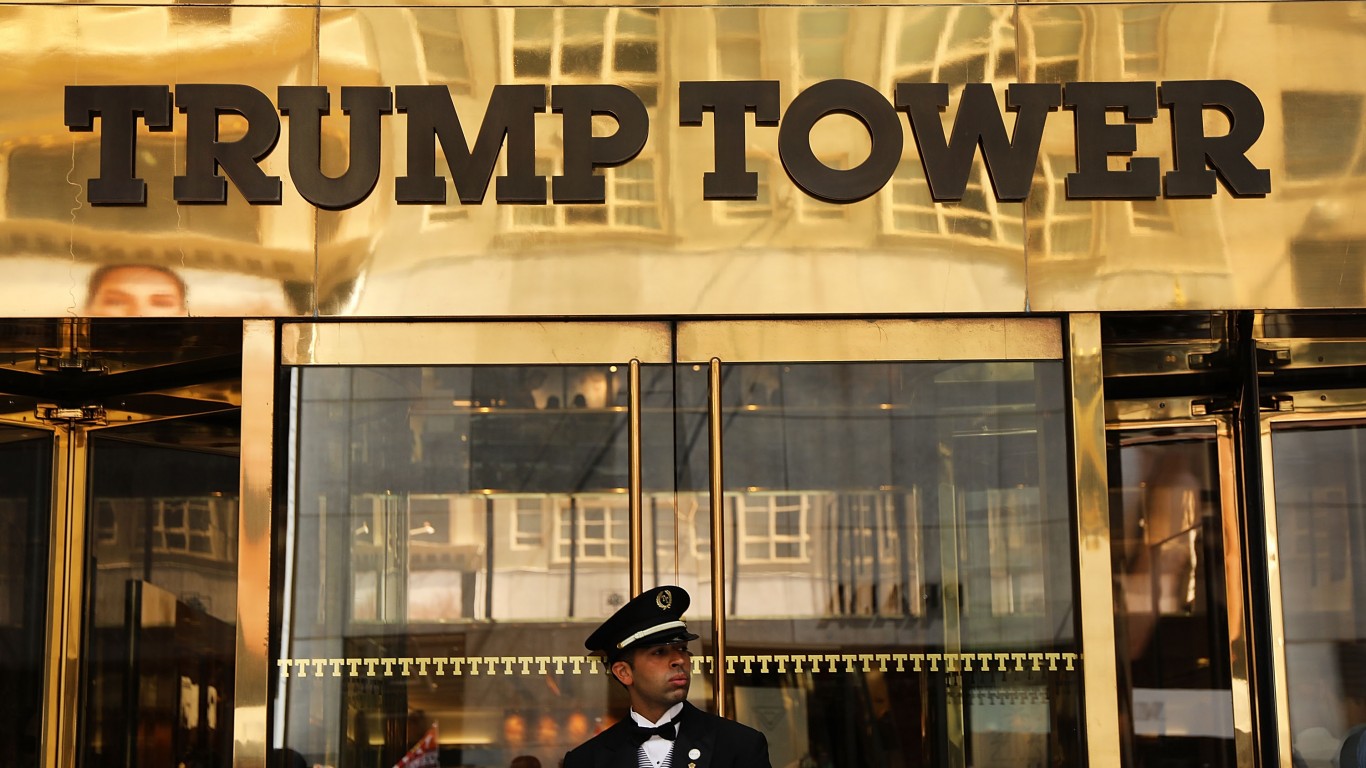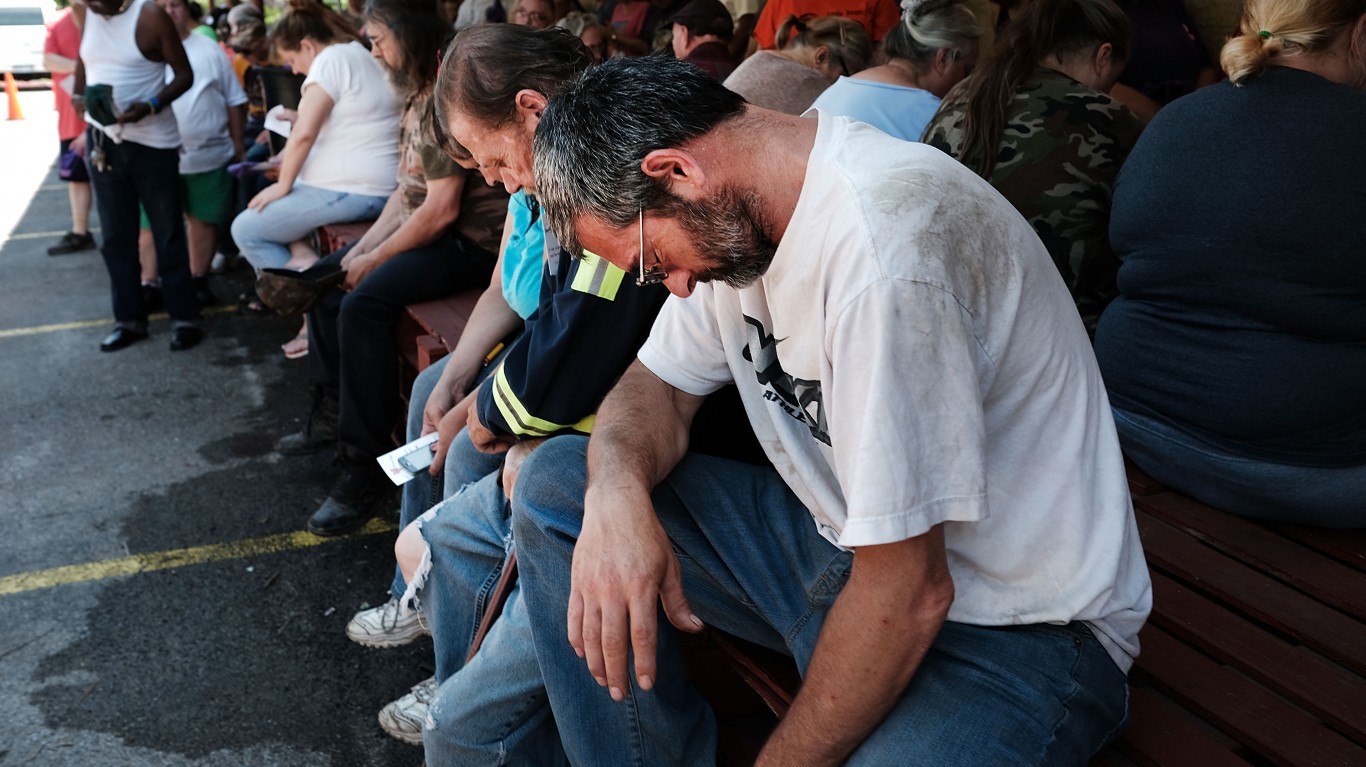 Analysts have hoped that the rate at which Americans become unemployed will slow in the second half of 2009. There has been some evidence that the period in which the economy would lose 600,000 or more jobs a month is over. That may not be the case.
Analysts have hoped that the rate at which Americans become unemployed will slow in the second half of 2009. There has been some evidence that the period in which the economy would lose 600,000 or more jobs a month is over. That may not be the case.
The press has observed that layoffs are one of the main reasons behind improved earnings in the second quarter. Sales at many companies are not up, but expenses are down, in many cases considerably. But, second quarter results may not only be the result of jobs cuts; they may be the cause for more, which will mean that the period in which the economy faces rapidly rising unemployment is not over.
Verizon (VZ) announced that it will cut 8,000 jobs. Its results for the last reporting period were below par. The recession is one reason for that. Another is that customers are canceling their landline phones and using cellular phones or VoIP instead. The poor economy and new technology are overwhelming Verizon’s old way of doing business. The same thing has happened to AT&T (T).
Bank of America (BAC) will probably close over 600 branches, according to The Wall Street Journal. The move may be good business. Bank customers are turning to the Internet to handle their relationships with financial firms. B of A can take advantage of that, even though it means several thousand more people will be out of work. Other large banks with big branch systems including Citigroup (C) and Wells Fargo (WFC) will most likely follow B of A’s example. The financial industry is not done pruning jobs, not by a long shot.
The recession and improvements in the technology that allows customers to control their relationships with companies with which they do business are combining to drive what is likely to be a very large swell in job reductions between now and the end of the year. Airlines are able to book more reservations through online ticket outlets. A drop in passenger demand would make it necessary to cut more jobs in the industry anyway.
The sector that is still most likely to cut tens of thousand of additional workers is the retail industry. Consumer spending could actually continue to fall as unemployment moves above 10% and more people put money toward savings and less toward buying. The trend affects businesses from car dealers to electronics stores. Layoffs in retail are likely to accelerate, if the 2009 holiday shopping season begins to look bad.
The Fed and private economists have projected that unemployment rates will stabilize in late 2009 and early 2010. That will not be the case if earnings in the third and fourth quarters are weak. Companies still do not have access to credit to get them through a hard winter. Recent data show that banks are still extremely reluctant to lend money. This is likely to be an acute problem in industries that financial firms view as risky because of the recession.
Unemployment rates may rise more quickly between now and the end of the year than is expected by most economists. Job cuts may have worked to help company margins in the first half. Another stretch weak sales will show that the first round of job cuts at many companies was not enough.
Douglas A. McIntyre
Are You Ahead, or Behind on Retirement?
If you’re one of the over 4 Million Americans set to retire this year, you may want to pay attention. Many people have worked their whole lives preparing to retire without ever knowing the answer to the most important question: am I ahead, or behind on my goals?
Don’t make the same mistake. It’s an easy question to answer. A quick conversation with a financial advisor can help you unpack your savings, spending, and goals for your money. With Zoe Financial’s free matching tool, you can connect with trusted financial advisors in minutes.
Why wait? Click here to get started today!
Thank you for reading! Have some feedback for us?
Contact the 24/7 Wall St. editorial team.




